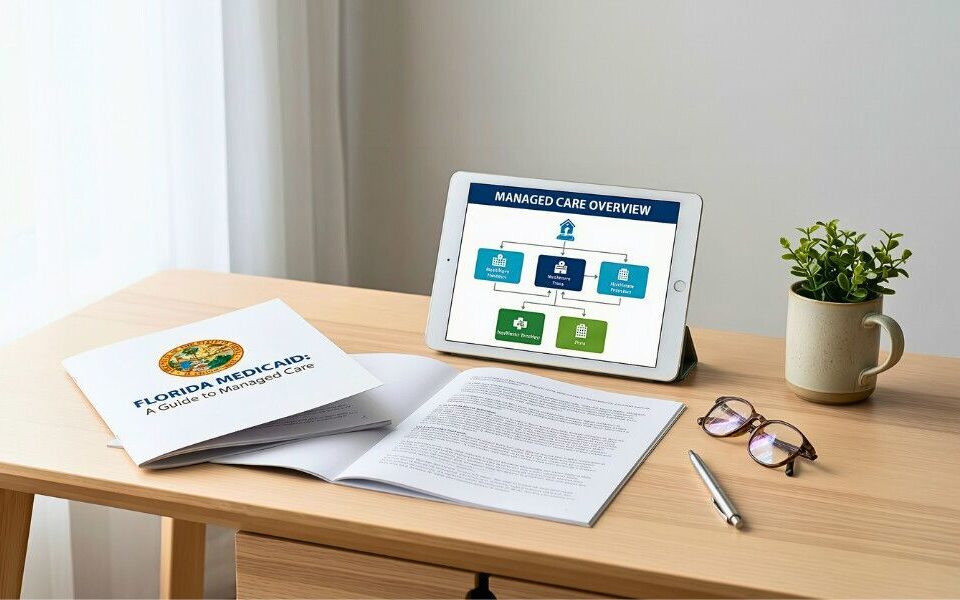Many of us start to feel more concerned about our healthcare decisions as we age. We might worry about how others may handle our medical care if we cannot make decisions. That’s why many look into healthcare advanced directives for seniors. This post will explain advanced directives and how they can benefit seniors and their families.
The Basics of Healthcare Advanced Directives
Advanced directives are legal documents outlining your healthcare preferences. These documents guide loved ones and care professionals if you can no longer make decisions. Situations where it may be relevant are during a coma or loss of capacity due to dementia.
Depending on the document type, it expresses explicit directions about care or designates a proxy. Having these documents ensures your preferences even if you are incapacitated. They also reduce the potential for conflict among family members.
There are two types of advanced directives: living wills and healthcare power of attorney. Seniors can draft one or both as part of incapacity planning.
Living Wills
Living wills offer seniors the ability to outline specific healthcare preferences and instructions. It can include types of care they want if incapacitated or types of care they do not want. In general, it focuses on end-of-life care.
The following are common issues living wills cover:
- CPR: Some seniors decide they would rather not have cardiopulmonary resuscitation if their heart stops beating.
- Mechanical Ventilation: Seniors can choose whether they want the assistance of a ventilator to keep them alive.
- Feeding Tubes: Feeding tubes can provide nutrition and calories if the individual is incapacitated.
- Organ or Body Donation: Seniors can also donate organs, tissue, or their entire body.
These are just a few issues common to living wills. Seniors can draft documents to meet individual concerns. You can also add various conditions. For example, you can limit how long you want mechanical ventilation or a feeding tube.
Healthcare Power of Attorney
A healthcare power of attorney is a document designating a proxy to make healthcare decisions for you. Depending on the state, you might call it a durable power of attorney for healthcare. Under Florida law, it is a healthcare surrogate designation.
Regardless of the name, they all serve the same primary function. It is a legal document designating an agent to make healthcare decisions on your behalf. In many cases, you name a primary surrogate and an alternate. There are also restrictions on who can be a healthcare surrogate. One restriction is that the agent must be an adult over 18.
If you have both documents, the decision will generally default to the preferences in the living will. However, the healthcare surrogate can decide on any matter the living will doesn’t address.
Do you or a senior loved one need elder law services? Click here for Scott Law Offices. We are elder law experts offering an array of services to seniors. Reach out now to learn more about how we can help.
Thanks for visiting!




